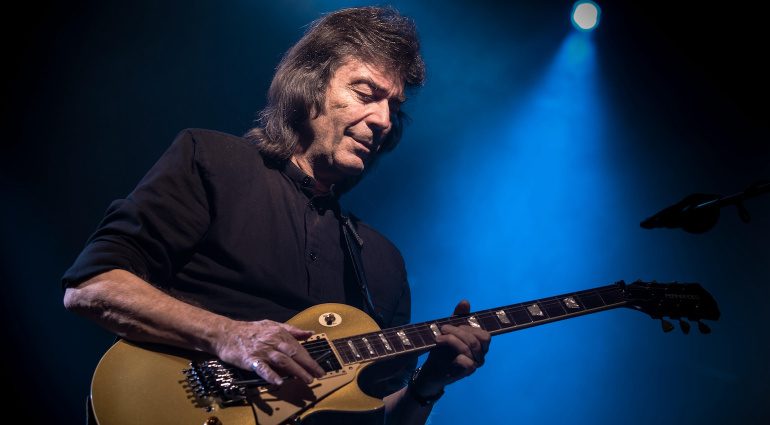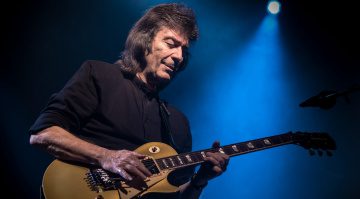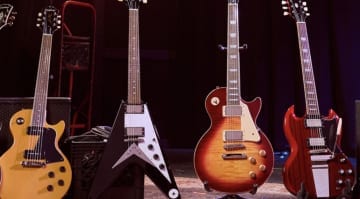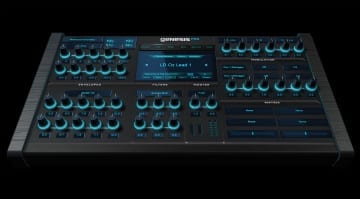Steve Hackett Interview: From Genesis to Revelation
Steve Hackett Interviewed by Paul Rigg.
The unmistakable Genesis guitarist, Steve Hackett, went solo after a successful period with the band. We look at his journey as an artist.
This interview was originally conducted by Paul Rigg for Planet Guitar.
In 1971 Steve Hackett joined Genesis. He went on to record six studio albums with the classic line-up of Peter Gabriel, Phil Collins, Tony Banks, and Mike Rutherford.
Steve Hackett Interview
Since leaving Genesis in 1977, the legendary guitarist has gone on to release over 30 solo albums. Gearnews catches up with Hackett at his home in London. There he talks candidly about his ex-bandmates; his friendships with Brian May, John Paul Jones, and Steve Howe; and the revelation that he has only found later in life…
Gearnews: You have a new solo album out, ‘The Circus and the Nightwhale’ – could you tell us about the concept?
Steve Hackett: It’s a semi-autobiographical tale, based around a character called ‘Travela’. The story starts in 1950, when I was born, with snippets of the BBC, the way radio sounded at that time, and a baby’s cry, which turns into a train whistle, and a steam train starts up. When it gets to full speed, it becomes a string orchestra and then a rock band – strangely enough, with guitar! [smiles]
It’s a journey through time, relationships, and the glories and pitfalls of various rock bands that I’ve been with. Luckily, the People of the Smoke video seems to have kicked off enormous interest in the album, which comes out on the 16th of Feb.


People Of The Smoke
GN: ‘People of the Smoke’ gives historical context and then the fairground appears, before things get heavy on tracks like ‘Taking It Down’, which seems about betrayal – is that a reference to Genesis?
SH: There are references to Genesis later on, but Taking You Down refers to a character that I knew at school who taught me to smoke, cheat at poker, and be a budding pyromaniac. He was a little bit like my first manager, and I often wonder what he’s doing now.
Is he in prison? Is he still alive? Or is he running a South American country somewhere? I don’t know. But he wasn’t impeded by conscience. So he was able to make the adult world dance to his tune.
GN: The cover art features the whale consuming the circus, which at first seems gloomy, but the album finishes upbeat…
SH: Yes, the idea is that if you survive all of that – and I came very close to having a nervous breakdown at one point – that you come out stronger.
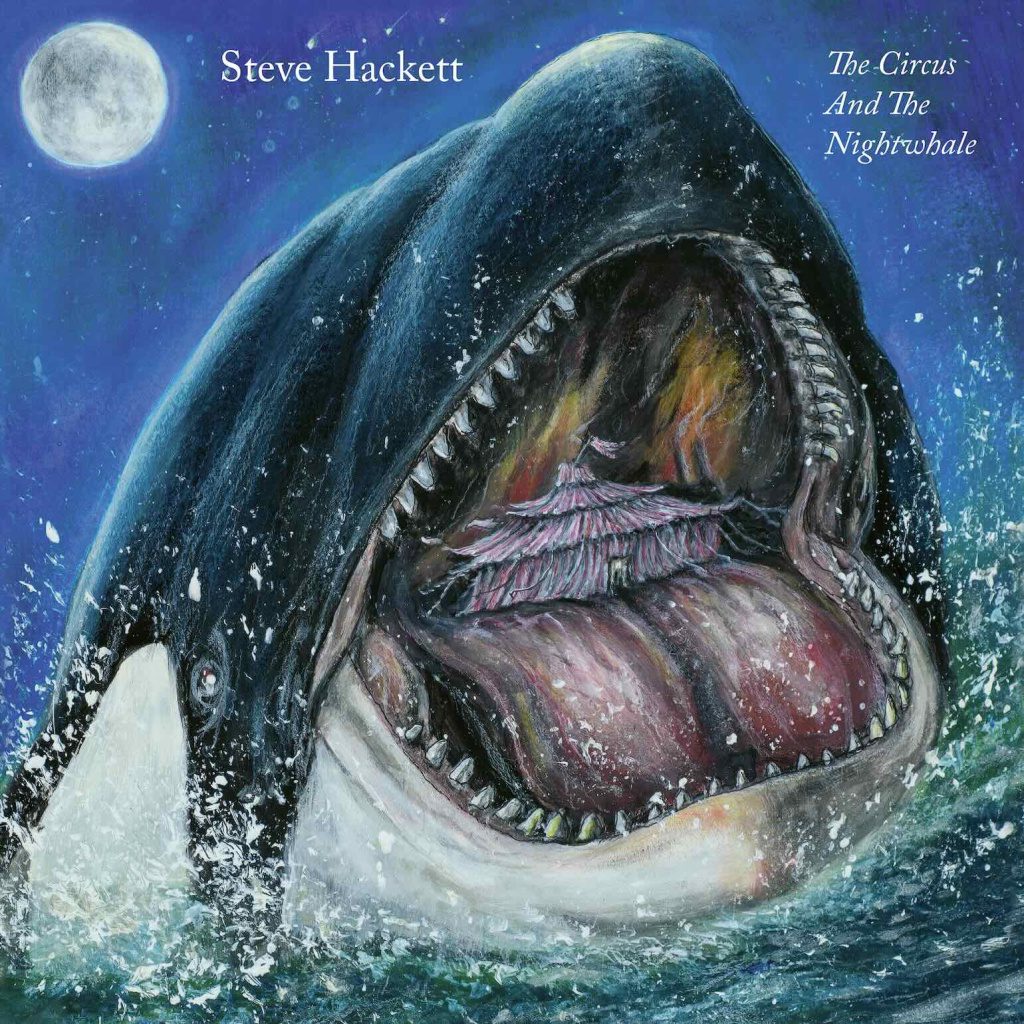


Steve’s Guitars
GN: Which guitars did you use on the album?
SH: I used three main electric guitars – my 1957 Les Paul; a Fernandes, which once belonged to Gary Moore; and one of Brian May’s design guitars, the ‘Red special’.
GN: To go back, I was fascinated to read that you didn’t have any formal classical training at all – is that correct?
SH: That’s right, but I learned a lot by watching various classical guitarists, like Andrés Segovia. What amazed me about him was that I thought his hands would be flying everywhere but they seemed virtually static.
It seemed to me to be done with measured Barre A chords, and lots of use of the right hand. I think by not having any classical training any guitarist that I liked the sound and look of, became my teacher. So I’ve had lots of teachers – everybody else!

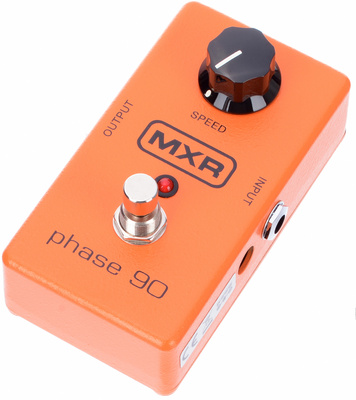
Early Influences
GN: I know you have shown interest in Bach and Erik Satie, and introduced the Mellotron into Genesis’ repertoire – were you playing the piano at 12, as well as guitar?
SH: No. The only time I ever played a keyboard on record was on Voyage of the Acolyte because I wrote some of it on the Mellotron that I had stationed at my house between tours. I’m fascinated by it, it’s a wonderful thing, and if I had my time over again… of course [I’d learn].
GN: When you placed your now famous advert in Melody Maker “looking for musicians to strive beyond existing stagnant music forms” it brought you a visit from Peter Gabriel and Tony Banks – had they heard your music beforehand?
SH: No, they hadn’t heard a note.
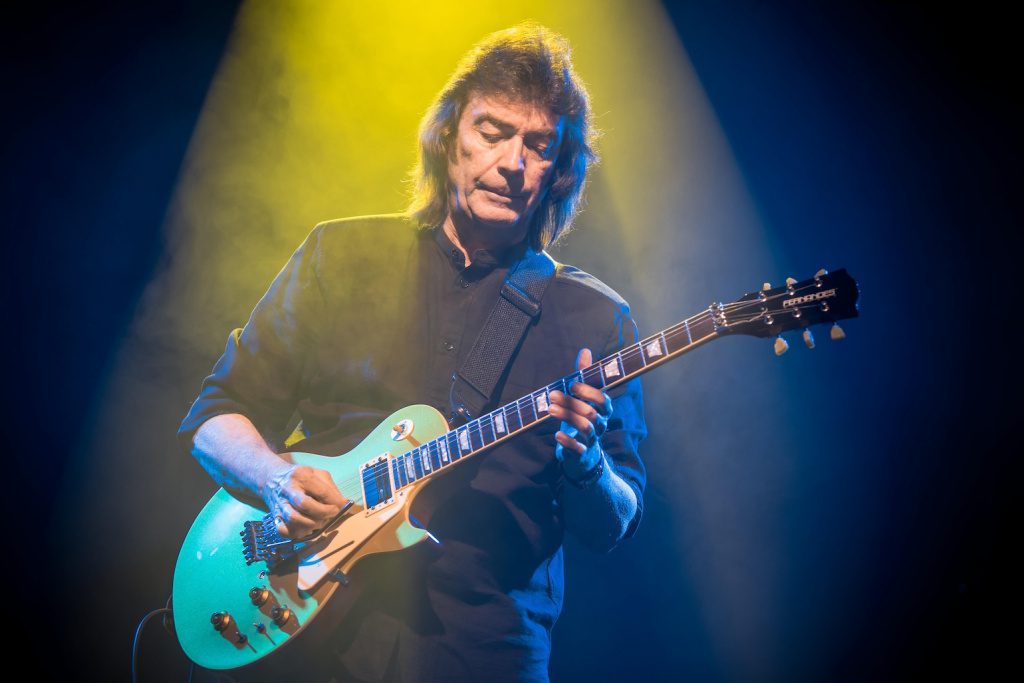


“…the all-powerful music paper Melody Maker…”
GN: It’s quite a thought that they came over to your house without knowing anything about your guitar playing…
SH: In those days, we had the world of print, word-of-mouth, and the all-powerful music paper Melody Maker, where so many of the huge British bands were formed.
I remember working with John Paul Jones in Japan and he told me he said to his wife one day: “I see that Jimmy Page is looking for a bass player for his new band, but he’s probably already got one”. And she responded: “Well, why don’t you give him a call anyway?” [laughs].
The world has turned on such stuff – Stairway to Heaven perhaps became available to he who just bothered to show up or make the call.
GN: Your first contribution to Genesis was ‘For Absent Friends’, which you wrote with Phil Collins – did you bond with him because neither of you had the public school background of the others?
SH: Yes, neither of us felt confident that we could present something to the band and that they would do it. So, we formed an early alliance. I think there was some Beatle influence on that song, and John Lennon said he thought Genesis were the true sons of The Beatles, which was very, very nice.
“…the true sons of The Beatles…”
GN: Later, though, you had a greater connection with Peter Gabriel – have you had a chance to talk to him about his recently released ‘i/o’?
SH: I haven’t, but as we were born one day apart on 12 and 13 February, we’ve got a tradition of either phoning each other up on our birthday or sending each other a note, and so I’ll have a chance to congratulate him on his album then, because I think it did rather well…
GN: Are you a fan of the whole blues genre, from Robert Johnson to contemporary bands?
SH: Absolutely. I think all the interesting sonic developments that happened within the world of the electric guitar happened within blues, with Americans like Robert Johnson, Little Walter, Paul Butterfield, Mike Bloomfield, and, of course, over here, I was able to go and see the young Peter Green with John Mayall, from 1966 onwards.
I think Joe Bonamassa has reinvigorated the blues for a lot of people. One of these days I’ll do another blues album even if it sells three copies, because it’s so authentic for guitar. I know that Steve Howe loves blues as well, so…


Steve on different styles of music
GN: We also know you love classical, rock, pop, flamenco, and jazz – are there any genres that you can’t stand?
SH: If there was a genre I couldn’t stand, then it would be my limitation and my prejudice. So, I’d have to try and change that and come up with something that makes sense to me. There’s probably nothing that I won’t touch.
GN: Turning now to ‘The Lamb Lies Down on Broadway’, when the five of you last met was there any possibility of a reunion?
SH: [At one point] we were talking about a possible film, a musical and some shows around The Lamb Lies Down on Broadway, but I think unfortunately, the competitive nature of the band meant that it got blown out of the water as soon as it was mentioned.
I’d be only too happy to do it, and I’d invite Anthony Phillips, my predecessor, and Ray Wilson, and 20 or so people who’ve been in and out of the doors of Genesis. But not everybody feels the same. So, I pay homage to the material in the way that I know best, which is to have a band who play the balls off it, relish it, and love doing it live.
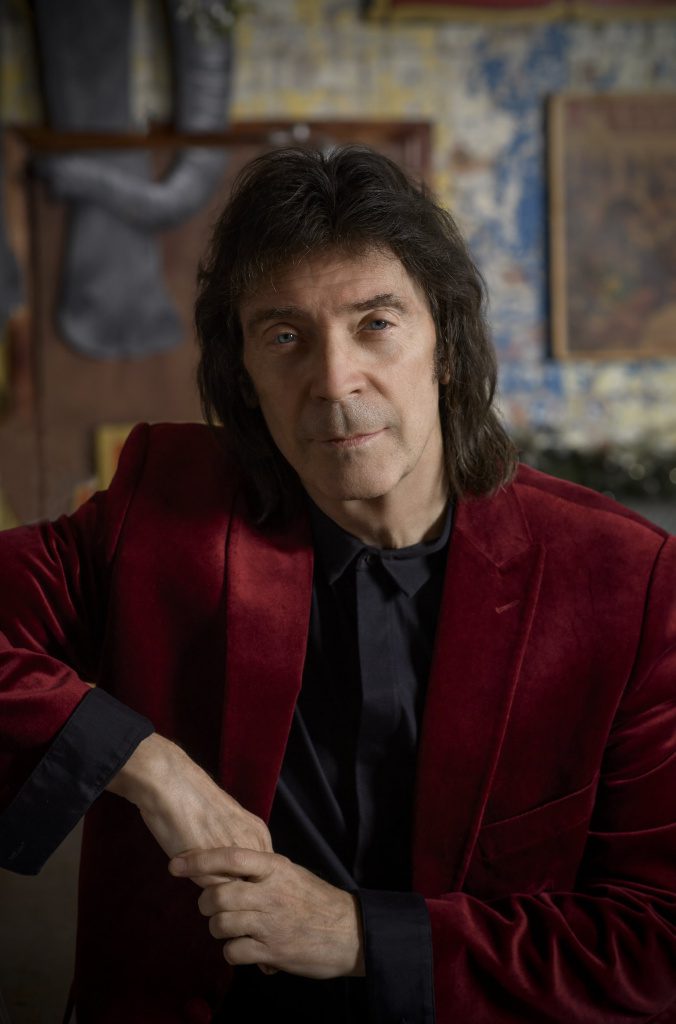
Steve’s Journey
GN: We began by talking about the ‘Travela’ character and then covered some key moments in your life. Big question: what has your journey revealed to you?
SH: It’s revealed to me that I have to be with Jo, my wife. I’m far too disorganized on my own, and I get bored. Two marriages went south with me before I met Jo, who’s co-written a lot of this stuff, and we mentor and parent each other. And she loves to travel.
If you’re lucky, you find someone, and you’ve got to cling to that for dear life. She has been my guide and my life raft, not just in the story, but in reality as well. It’s lovely to have someone who cares.
The interview closes by Steve Hackett saying that he feels very fortunate to not be working in an office or down the mines.
“After school I worked for five years, so I had a fair idea what it was like. Music has its challenges, of course, but for me the most difficult part of the job is memorizing all the tunes,” he concludes. “The joy is playing it in front of people; once it’s been assimilated and I can trust my memory and my fingers, then everything’s all right.”
Steve Hackett’s The Circus and the Nightwhale is out on 16th February 2024. His Genesis greats, Lamb highlights and solo tour takes place in October. It’s culminating with a concert at London’s Royal Albert Hall, on Wednesday 23rd October. Tickets are available from: https://myticket.co.uk/artists/steve-hackett
More about Steve Hackett:
- Official Artist Page
- More Interviews
*Note: This article contains advertising links that help us finance our site. Don’t worry: the price for you always stays the same! If you purchase something through these links, we receive a small commission. Thank you for your support!

 4,8 / 5,0 |
4,8 / 5,0 | 